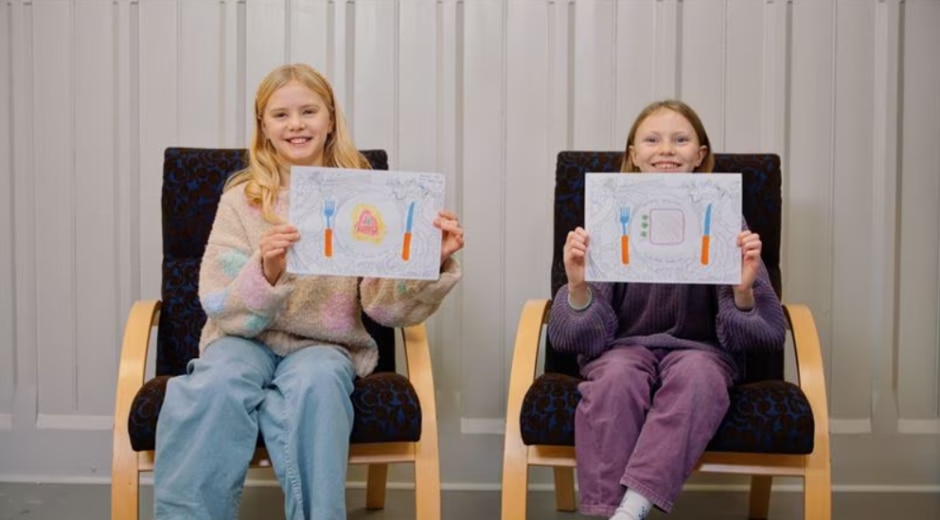Did you know that it takes 2,271 liters of water to produce one hamburger? That’s one of many facts included in the Electrolux Food Foundation’s Food Heroes toolkit – now available digitally for teachers and parents to teach kids aged 7-11 years how their food choices affect our planet. So far, 88,000 children have participated in a Food Heroes workshop for the climate’s sake.
“The food industry accounts for ten times more carbon dioxide emissions than the airline industry does, 25% globally compared to 2.5%. We must understand that the choices we make when it comes to food have real consequences in regard to carbon dioxide emissions. Children understand this – they are not stuck in old habits that can be hard to lose. But it can be hard knowing exactly what to do. That is why we at the Electrolux Food Foundation want to give teachers and parents tools to inspire children to make a positive impact,” says Cosimo Scarano, Head of the Electrolux Food Foundation.
Food Heroes is a toolkit with materials and instructions for a 45-minute workshop for children aged 7 – 11 years based on the World’s Largest Lesson. Using the United Nations Sustainable Development Goals, children learn how their food choices affect our planet. The Food Heroes workshop inspires children to eat more plant-based food, reduce food waste and have a more diverse diet. Three heroes with superpowers show the way. Electrolux Group employees, Worldchefs and AIESEC members have held Food Heroes workshops since 2018 and will continue to do so but now the materials are available for teachers or anyone who wants to inspire kids to eat more sustainably.
Alexandra Lindberg teaches the Food Heroes workshop at Johannes School in Stockholm, Sweden. She says: “The most important thing for me as a teacher is to use material that is connected to what we do in the classroom but also has a connection to real life. The children are interested in sustainability and climate issues and to find material that enables us to talk about these problems in a relevant and interesting way is just great.”
To eat for the good of the planet can feel complex and difficult but it can be reduced to three simple measures: eat more plant-based food, reduce food waste by 50% and switch to a more diverse diet.
“Animal-based protein does 35 times more damage to the climate than plant-based protein. We discard 17% of the food we buy and even though there are more than 30,000 edible plants, only four – wheat, corn, rice, and potatoes – account for 60% of our calorie intake. With small changes to our food habits, together we can achieve a huge positive impact,” adds Scarano.
Download the Food Heroes toolkit in different languages here:


